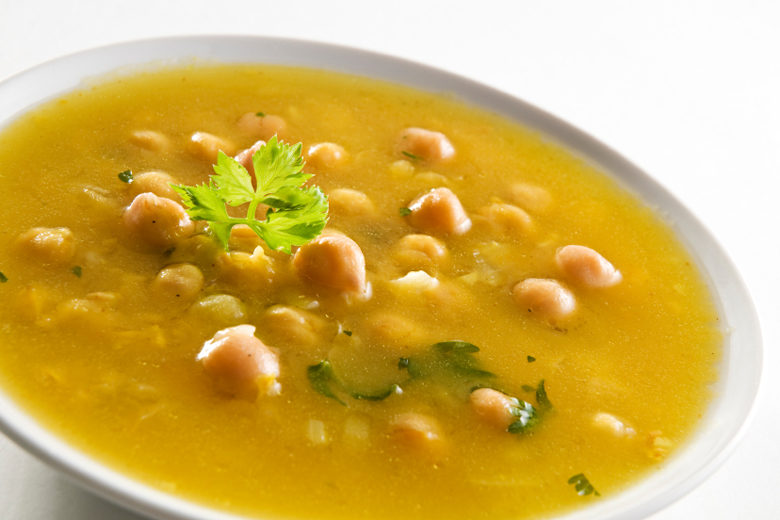
Did you wake up last night hot flashing? Then a second and third time for bathroom visits? This isn’t unusual as you go through perimenopause and menopause, but the changes in sleep habits can have a far-reaching effect. For instance, when we don’t sleep well, we also tend to eat more. Why?
Sound science says that sleep deprivation (less than six hours a night) results in increased production of the hunger hormone ghrelin. Bottom line: When you’re tired, you’re hungry. Lack of sleep can also affect the body’s ability to use insulin correctly. You may have heard this called insulin sensitivity, which can result in elevated blood glucose, the major factor in prediabetes/diabetes.
A better night’s sleep potentially means less weight gain during menopause and more productive days. To help keep your waist looking like a Victoria’s Secret model (okay, a slight exaggeration), give some of these tips a try:
Unplug for 30 minutes
Research shows that the bright lights — from your phone, tablet, TV and computer — decrease the body’s production of melatonin, a hormone that helps make you feel tired and ready to fall asleep.
Establish a Wind Down Routine
It’s important to de-stress and relax after the day so your brain doesn’t stay active and wake you in the middle of the night. A method we’ve been practicing lately with great success is repeating the mantra om out loud 20 times before going to bed. The vibration it creates in the body is grounding because it slows down breathing while calming the mind. Stretching, deep breathing or listening to relaxing music are also great options.
Introduce These Foods to your Diet
Bananas, fish and fortified cereal contain vitamin B6, which helps the body produce melatonin. Studies also show that consuming cherries and cherry juice as a regular part of your diet may improve sleep as cherries also boost melatonin production.
Chickpeas also boast vitamin B6, but if you’re like us, you’ve probably only had them in salads and hummus. This Sardinian classic is a delicious surprise because the chickpeas create a velvety, hearty soup without the use of cream. Traditional recipes use chili pods while simmering the soup, but spicy food is something you should avoid when attempting a restful night’s sleep, so they’ve been omitted.
Creamy Chickpea Soup
Recipe developed by Regina Ragone MS, RDN
Serves 6
Ingredients
1 tablespoon olive oil
2 garlic cloves, chopped
1 bulb fennel, washed, trimmed and sliced into ¼-inch slices
2 leeks, cleaned and sliced
1 large can (1lb. 13 oz.) chickpeas, drained and rinsed
4 cups vegetable broth
½ teaspoon salt and pepper
Directions
- Heat oil in a large, heavy-bottomed saucepan. Add garlic, fennel and leeks. Cook 10 minutes over medium heat until softened.
- Add chickpeas, broth, salt and pepper. Lower to a simmer and cook 10 more minutes.
- Remove 1/4 of the chickpea mixture and set aside. Blend the remainder (I like an immersion blender) until smooth, and add the whole chickpeas mixture back to the soup.
- Divide soup between bowls and add cracked red pepper if desired. Drizzle with olive oil.

